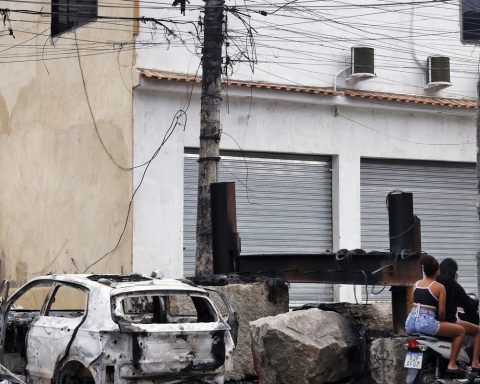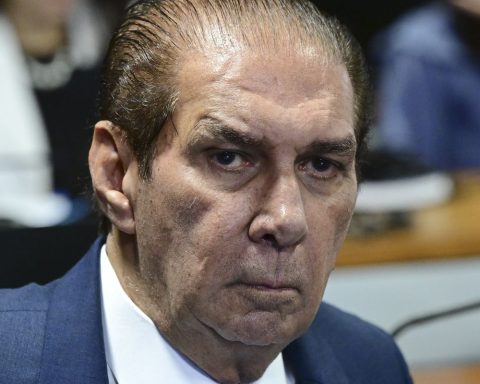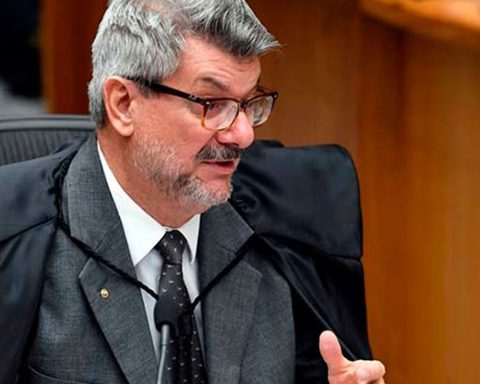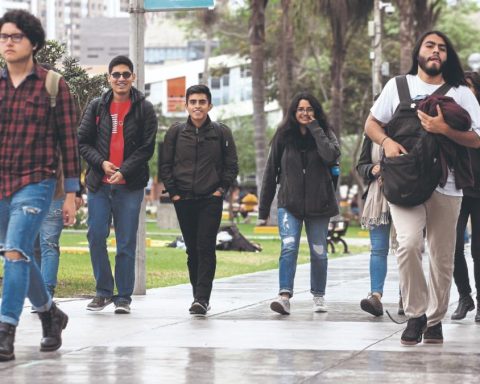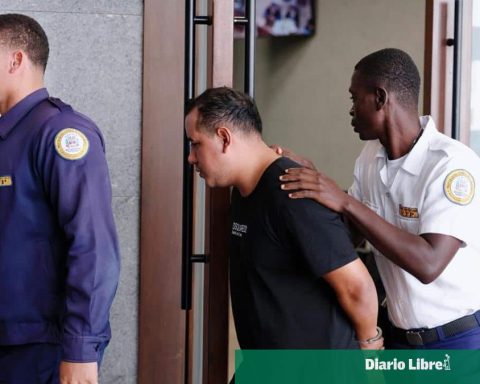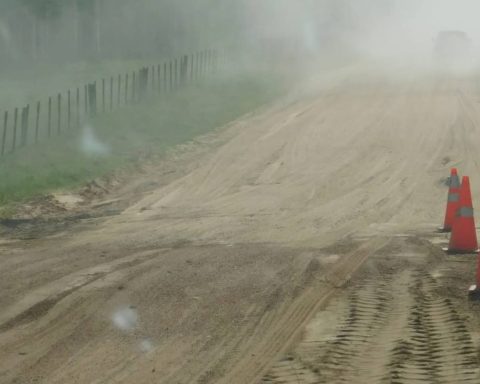On October 2, one of the votes cast by voters will be for federal deputy. Each state elects a specific number of deputies, which is proportional to the size of its population. For example, the state of São Paulo, with a population estimated by the Brazilian Institute of Geography and Statistics (IBGE) at 46.6 million inhabitants, elects 70 deputies. It is the state with the largest number of seats in the Chamber.
Acre, with an estimated population of 652,700, elects eight federal deputies.
It is up to the Chamber of Deputies, as well as the Senate, to discuss and vote on proposals related to economic and social areas, such as education, health, transport and housing, among others, and also to supervise the use, by the Powers of the Union, of the resources collected with the payment of taxes. The Chamber also discusses and votes on the Union Budget and analyzes, approving or rejecting, the provisional measures issued by the federal government.
Thus, a federal deputy must propose new laws and amendment or repeal of existing laws, including the Constitution itself. Such proposals can be discussed beforehand, in one or more committees composed of deputies, before proceeding to the plenary or, when applicable, voted on in the collegiate itself. There are 25 permanent committees in the Chamber, in addition to dozens of temporary committees, such as parliamentary inquiry committees (CPI), which have investigative powers typical of judicial authorities.
The permanent committees of the Chamber address specific topics, such as sports, science and technology, education, the environment and public safety. It is in the committees that the suitability of a legislative proposal is studied, including debates with the participation of society.
Each committee has a chairman and three vice-chairs, as well as a group of members who seek to include the widest possible spectrum of party caucuses. The term of office of the chairpersons and vice-chairmen of the committees lasts for the legislative year. The composition of members is defined by the party leader in the Chamber and can be changed during the year.
It is also up to the Chamber of Deputies to authorize the opening of proceedings against Presidents of the Republic and Ministers of State. In such cases, a process is opened if two-thirds of the House, that is, 342 of the 513 existing deputies, vote to open the process. Then the process is forwarded to the Senate, which has the power to judge it.
Number of elected representatives by state:
Acre: 8
amazon: 8
amapá: 8
Federal District: 8
Mato Grosso do Sul: 8
Mato Grosso: 8
large northern river: 8
Rondônia: 8
Roraima: 8
Sergipe: 8
Tocantins: 8
alagoas: 9
Holy Spirit: 10
Piauí: 10
Paraíba: 12
Santa Catarina: 16
Goiás: 17
For: 17
maranhão: 18
Ceará: 22
Pernambuco: 25
Paraná: 30
Rio Grande do Sul: 31
Bahia: 39
Rio de Janeiro: 46
Minas Gerais: 53
Sao Paulo: 70
*With information from the Câmara de Notícias Agency

